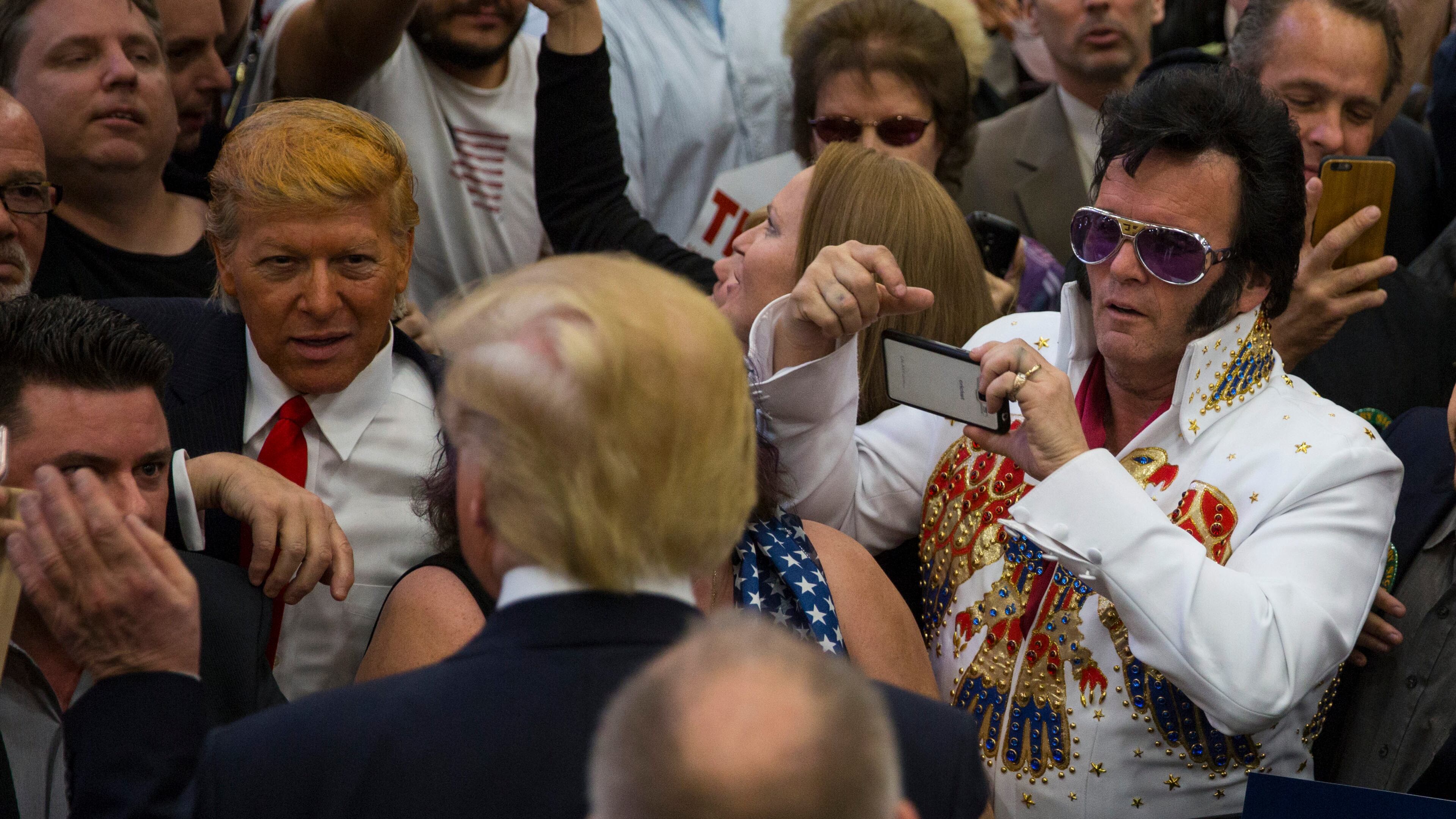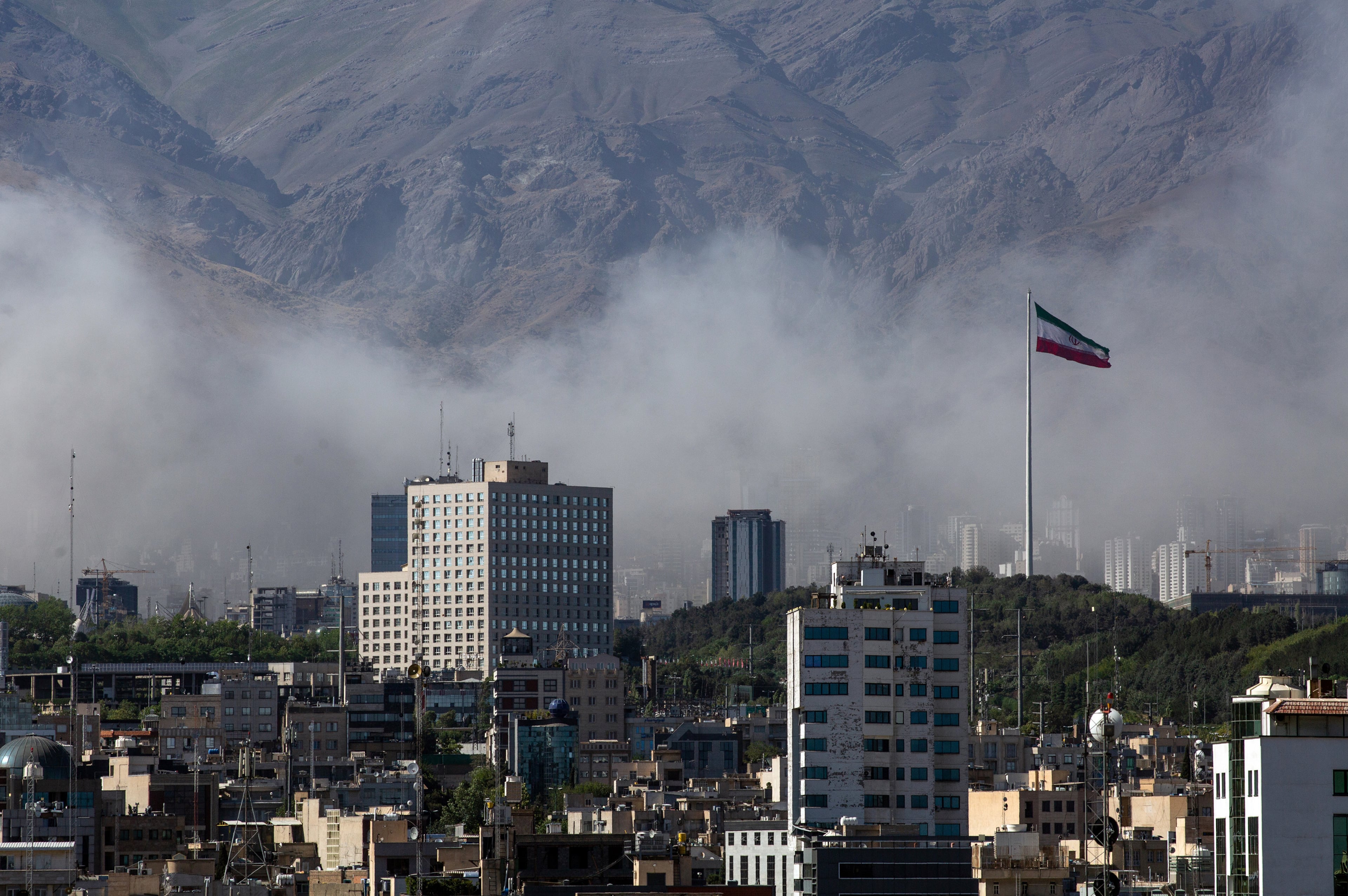In Nevada, Trump rivals hope to break his streak

Donald Trump’s Republican rivals are seeking to make a stand against him in the Nevada caucuses Tuesday, their last chance to slow his momentum before a dozen states vote on the party’s presidential nomination next week.
But it may be difficult to stop Trump in Nevada, where he has enjoyed a high profile because of his business dealings in Las Vegas and where only a small number of voters have typically participated in the caucuses.
Sens. Ted Cruz of Texas and Marco Rubio of Florida have established serious operations in the state, and both campaigned there in advance of Tuesday’s contest. They may once again be battling for second place rather than for a real shot at dethroning Trump.
Robert F. List, a former governor of Nevada who is aiding Rubio’s campaign, called Trump the favorite to win in the state. But he said Rubio could consolidate late support there based on the perception that he is the candidate best equipped to win a general election.
“Trump is still the guy to beat in Nevada, but I see
this being a good test between Rubio and Cruz,” List said, adding, “I think Nevada Republicans are hungry for a winner this year.”
Nevada may have a limited impact on the race for presidential delegates with only 30 at stake, but the state is a test both of Trump’s staying power and of his rivals’ abilities to remain competitive in a longer race.
It may help resolve whether Rubio’s appeal to mainstream Republicans or Cruz’s strength among evangelicals and conservative activists is the more plausible path to defeating Trump.
Rubio has quickly gathered local Republican leaders behind him in Nevada, after Jeb Bush, the former Florida governor, withdrew from the race Saturday night. Sen. Dean Heller, a former Bush backer, endorsed Rubio over the weekend, and Reps. Mark Amodei and Cresent Hardy followed suit.
Cruz is seen as having powerful appeal in rural areas of Nevada, where activist conservatives have often fared well in primary elections and where hostility to the federal government runs high.
For Cruz, a strong showing in Nevada could ease concerns about the durability of his campaign that have surfaced since his victory in the Iowa caucuses on Feb. 1.


